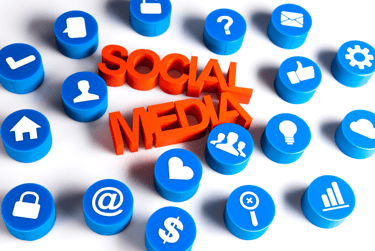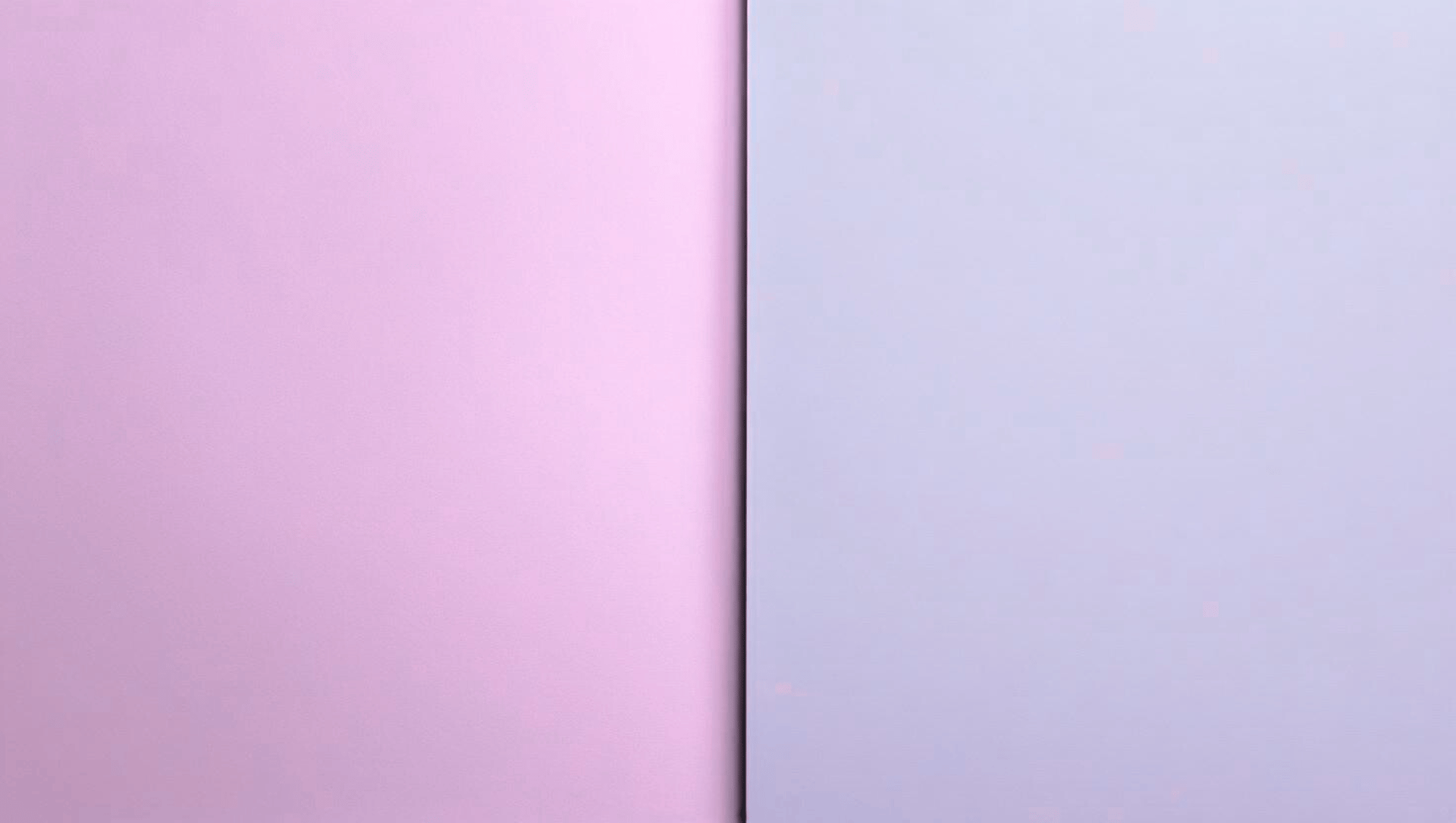
What to Do If Your Social Media Has Been Hacked
ARTICLES
Social media is woven into our daily lives — a place where we connect with friends, share memories, and even manage business. As of March 2025, more than 5.24 billion people are active on these platforms, meaning nearly two out of every three people worldwide (63.9%) use social media regularly.
But with this rapid growth comes increased risk. Hackers see social media as a goldmine, targeting accounts to steal personal data, commit fraud, or damage reputations. In fact, according to Action Fraud UK, between March 2024 and March 2025, over 35,000 social media and email hacking incidents were reported in the UK alone.
The impact of a hacked account can be serious — from stolen personal information and financial loss to identity theft and lasting reputational damage.
In this guide, we’ll break down how hackers gain access to social media accounts, what to do if yours gets hacked, and proven strategies to protect your online presence for the future.



1. 🎯 Why Do Hackers Target Your Social Media Platforms
Social media accounts are highly valuable to hackers because they act as gateways to your identity, personal life, and financial accounts. With billions of active users, platforms like Facebook, Instagram, LinkedIn, TikTok, and X (Twitter) are prime targets.
Why Hackers Want Your Social Media:
Identity Theft – They can impersonate you, scam your friends, or open fake accounts.
Financial Gain – Many accounts are linked to credit cards, PayPal, or online stores.
Data Harvesting – Personal photos, emails, and phone numbers can be sold on the dark web.
Blackmail & Extortion – Private chats or sensitive content can be used to pressure victims.
Spreading Malware/Phishing – Hacked accounts can send malicious links to your contacts.
Business & Brand Damage – Compromised business accounts harm reputation and customer trust.
✅ Takeaway: Your social media isn’t just “fun” — it’s a digital identity and financial asset hackers are eager to exploit.
2. 🔓 How Hackers Hack Your Social Media Account
Hackers use both technical exploits and psychological manipulation to break into accounts.
Common Methods:
Phishing Messages – Fake login pages sent via DMs, texts, or emails trick you into entering your credentials.
Password Reuse – Using the same password across multiple platforms makes you vulnerable if one site is breached.
Weak or Guessable Passwords – Simple passwords like 123456 or yourname123 can be cracked in seconds.
Compromised Third-Party Apps – Games, quizzes, or unverified apps connected to your account may leak access.
Malware on Devices – Spyware or keyloggers record login details.
SIM-Swapping Attacks – Hackers hijack your phone number to intercept reset codes.
Public Wi-Fi Attacks – Data is intercepted when logging in on unsecured networks.
✅ Prevention starts with awareness: Most hacks begin with a single careless click or weak password.

3. ⚠️ How Do You Know If Your Social Media Has Been Hacked?
Your account may not announce it’s been hacked — but there are clear warning signs.
Signs of a Hacked Account:
Password no longer works, even though you didn’t change it.
Login alerts from strange locations or devices.
Posts, messages, or comments you didn’t create.
Friends report receiving suspicious links from you.
Your profile details (email, phone number) have been changed.
New accounts created in your name.
Strange apps or services connected to your account.
Account locked or disabled for “suspicious activity.”
✅ If you see two or more signs, assume your account is compromised and act immediately.
4. 🚨 What to Do If Your Social Media Is Hacked
Quick action can limit damage and help you regain control.
Step-by-Step Recovery Plan:
Try to Log In & Reset Password
Use Forgot Password? to reset via your recovery email/phone.
Secure Your Email First
Since password resets often go through email, make sure your inbox is secure.
Check & Remove Unknown Sessions
Facebook/Instagram: Settings > Security > Where You’re Logged In.
Twitter/X: Settings > Security & Account Access.
Sign out of all devices except your own.
Remove Suspicious Apps/Integrations
Disconnect third-party apps you don’t recognize.
Enable Two-Factor Authentication (2FA)
Adds a layer of protection even if the hacker knows your password.
Check & Restore Profile Settings
Verify recovery emails, phone numbers, and security questions.
Alert Friends/Followers
Post or notify contacts not to click suspicious links sent from your account.
Report to the Platform
Use official recovery links (Facebook Help Center, Instagram Support, etc.).
Run a Malware Scan
Check your phone/laptop for spyware or keyloggers.
Contact Authorities (if serious)
Report to cybercrime agencies if identity theft or financial fraud is involved.

5. 🛡️ How to Keep Social Media Accounts Secure from Hackers
Best Practices:
Use Strong, Unique Passwords – Avoid reusing across platforms.
Turn on 2FA Everywhere – Apps like Google Authenticator are safer than SMS codes.
Avoid Public Wi-Fi Logins – Use a VPN when traveling.
Regularly Review Account Activity – Check login history and connected apps monthly.
Don’t Overshare Personal Info – Hackers use birthdays, pet names, or schools to guess passwords.
Be Wary of Phishing Links – Verify before clicking on DMs or emails.
Limit Third-Party Access – Only connect trusted apps.
6. 🔐 How to Enable Two-Factor Authentication (2FA)
2FA is one of the strongest defenses against account hacks.
Enabling 2FA on Major Platforms:
Facebook & Instagram:
Settings > Security > Two-Factor Authentication → choose app-based codes or SMS.
Twitter/X:
Settings > Security & Account Access > Two-Factor Authentication → enable authenticator app.
LinkedIn:
Settings & Privacy > Sign-In & Security > Two-Step Verification.
TikTok:
Settings > Security > 2-Step Verification.
✅ Best Practice: Always use authenticator apps (Google Authenticator, Authy, Microsoft Authenticator) instead of SMS codes (which can be hijacked via SIM-swapping).
7. ❓ Frequently Asked Questions
Q1: Can hackers really take over my social media without my password?
👉 Yes. They may use phishing, malware, or SIM-swapping to bypass passwords.
Q2: Will deleting my account stop a hacker?
👉 No. You must first recover and secure the account — otherwise, the hacker may still control linked data.
Q3: What if I can’t recover my account using the platform’s tools?
👉 Contact the platform’s support team directly. For business accounts, escalate quickly through verified business support channels.
Q4: Can hacked social media accounts be fully recovered?
👉 In most cases, yes — but act fast before hackers lock you out completely or delete content.
Q5: How often should I change my social media passwords?
👉 At least every 3–6 months, or immediately after any suspicious activity or data breach alert.
